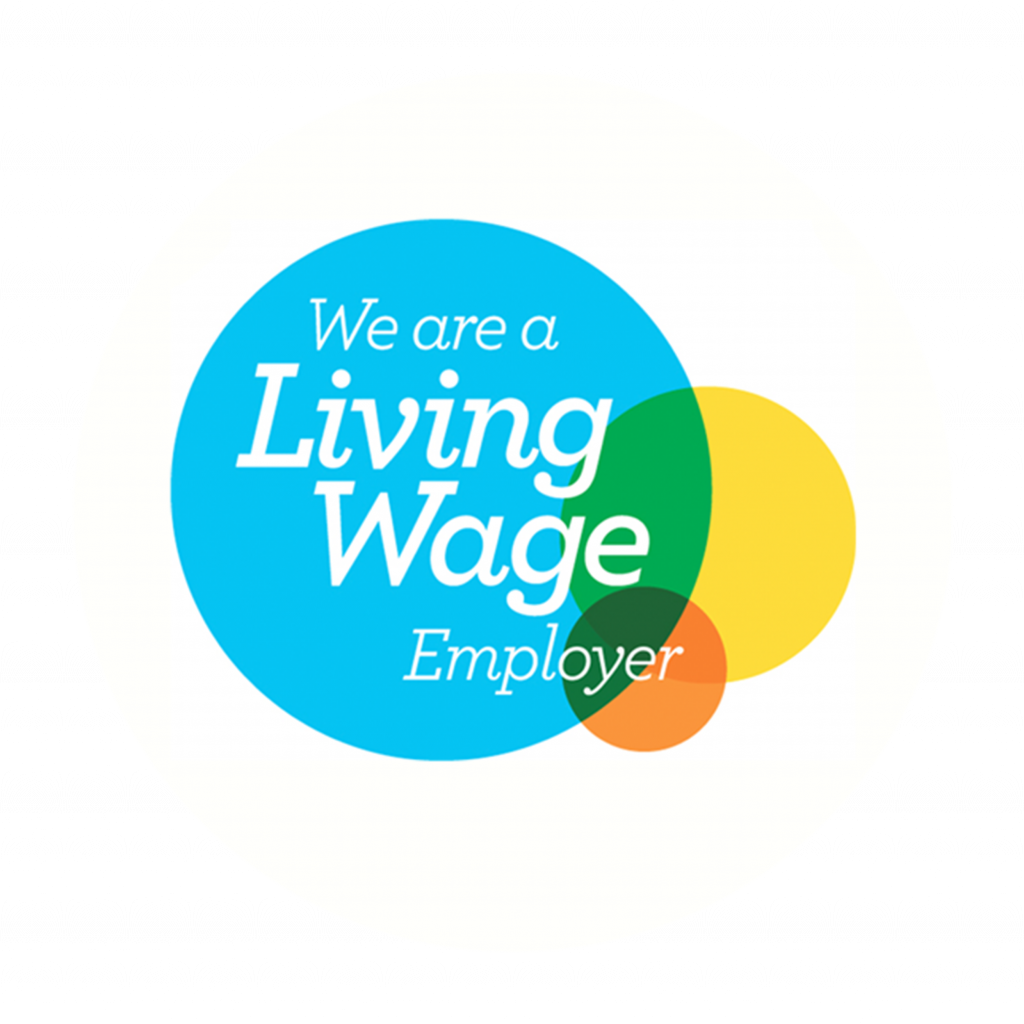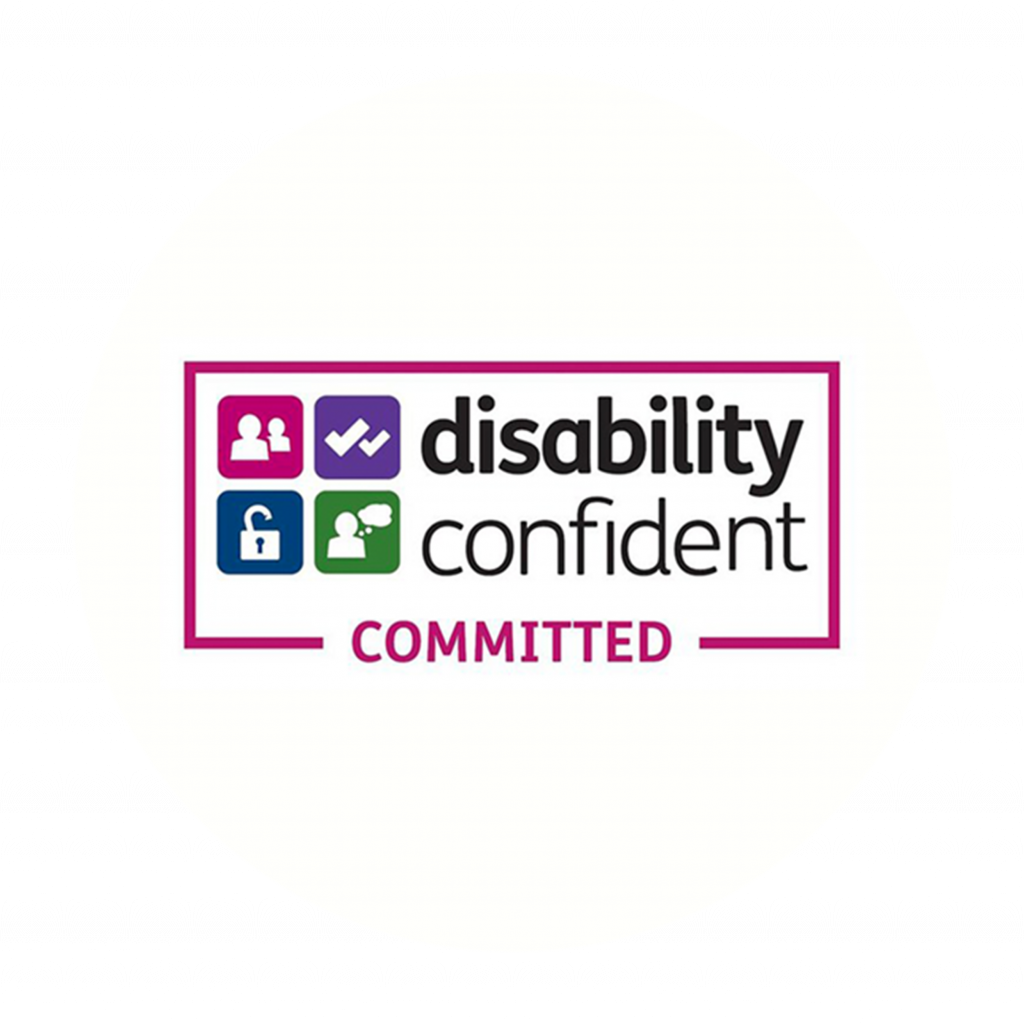How to listen – finding solutions to tech barriers
It’s a difficult time for all of us, particularly for those living with dementia and their carers. That’s why we’re doing everything we can to help the people we exist to serve. Playlist for Life is encouraging everyone to connect through music whilst we can’t be together due to social distancing, making the subject of this blog even more relevant during the COVID-19 crisis.
In this blog, Nick Balneaves, our Head of Digital and Development, tells us more about Music Labs and our MP3 music player research.

Some of the most common questions we’re asked at Playlist for Life include:
‘How should I listen to my playlist?’
‘What equipment should I buy?’
‘How do I find the right music?’
It’s queries like these that led us to establish our Music Labs project with support from The Life Changes Trust.
Music Labs are our way of listening to the people we exist to serve: people living with dementia and those who care for them. These are the people who know best what it’s like to live with dementia, what difficulties they face, what help they need, and what is most valuable to them. These are the people who can tell us what works and what doesn’t.
Music Labs allow us to bring people together to help us understand a particular problem, and design ways to solve that problem. Not in actual labs but in community settings, people’s own homes, or over the internet.
Over the past year we have been trying different ways to run our labs but it’s the question I started with – ‘How should I listen to my playlist?’ – that has led to our first Music Lab report.
Many of us use smartphones to listen to our playlist. But smartphones aren’t for everyone. They’re expensive, they’re easy to break and they can be complicated to use. That’s where MP3 music players come in. An MP3 player is a small, simple and cheap music player that plays songs you’ve bought on the internet.
But which one to buy? There are hundreds of models available but many are very poor quality: badly designed or cheaply made. So we decided to do some research.
We started by recruiting 29 people living with dementia and their carers. We asked them to tell us their favourite songs and we put those songs on an MP3 player. We concentrated on three players that are easily available or specially designed to be accessible. Then we watched and listened to find out how everyone got on with their MP3 player.
You can see the full results on our Music Labs page. If you’re caring for someone living with dementia and looking for advice on which MP3 music player to buy, you can find that here.
It was clear that most people found their MP3 player useful: 90% were able to use it several times a week. And our testers gave us some hugely insightful feedback and some great ideas for ways to improve their experience of the players.
But, for me, one of the most striking things was seeing the positive effects that music had. It was such a pleasure to meet people like Margaret and her daughter Paula. Margaret must be Edinburgh’s biggest Cliff Richard fan! Singing along with her to her favourite Cliff songs and hearing stories about her time as an usherette at the Usher Hall was immense fun!
The MP3 music player project is the first of many that we will be conducting. Of course, COVID–19 means that we are going to have to think carefully about how we can learn from people remotely. But we’re confident we’ll find a way to do that.
If you would like to find out more about our Music Labs programme or take part in future research projects, then please sign up to our newsletter and keep an eye out for our Music Lab invitations.
The more people who take part, the better we will understand the issues that people face and the more useful we can make our services. So if you think you can help, please join us!





